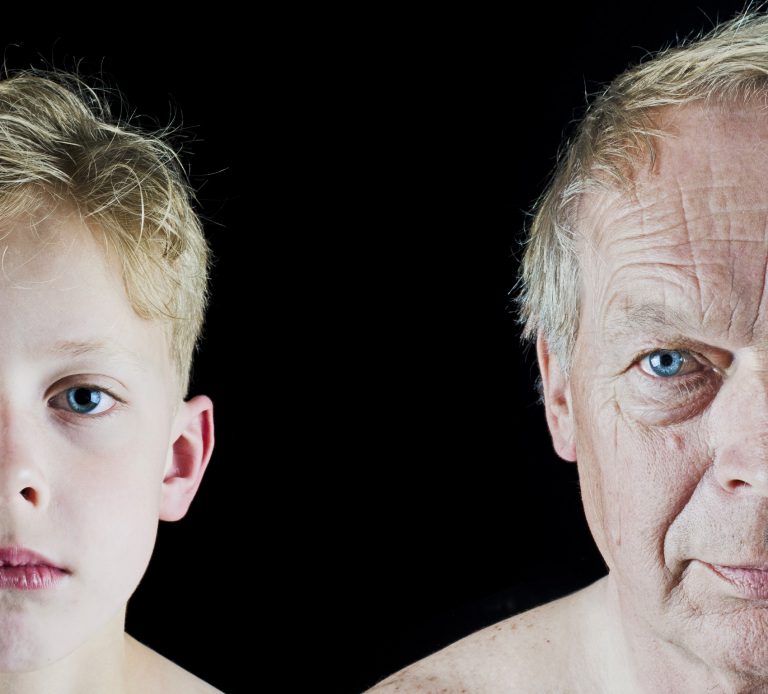
The science of aging has long been one of the best kept secrets of the human anatomy, but researchers from the University of Zurich have just moved one step closer to uncovering the genetic mystery.
Researchers from the Swiss institution teamed up with the JenAge conglomerate to pinpoint specific genes responsible for the aging process. They analysed how genetic activity functioned in three separate species – mice, zebra, fish and worms – taking note of how the functions changed through three stages of aging – young, mature and old. Results from the study have been published in a journal called Nature Communications.
They discovered there are just 30 genes, present in a variety of species, that play a major part within the aging process. Now they have identified these genes, experts believe they have the ability to manipulate them in such a way that it will make the process of growing older much more healthy, and therefore easy to accept.

Via Shutterstock.
The study analysed over 40,000 ‘orthologous’ genes, a gene that has evolved in a common ancestor and can still be found in creatures across the globe. Scientists believe these findings even extend to include the human race.
“We looked only for genes that are conserved in evolution and therefore only exist in all organisms, including humans,” said Michael Ristow, a lead author of the study.
Researchers were able to classify just how much influence the aging process has over the human gene by blocking certain mRNA molecules, whose job is to translate our genetic code into physical proteins. They found that in a dozen genes included in the study, prevention of genetic expression through the removal of mRNA molecules had the potential to boost lifespan by at least 5 percent.

Via Shutterstock.
The study is a great step in understanding how the process of aging can be manipulated, and also how certain age-related illnesses – such as diabetes or high blood pressure – could potentially be prevented.
The researchers state: “In light of favourable demographics and steadily increasing life expectancy, it is important to extend the healthy life phase and not to reach an even higher age that is characterised by chronic disease.”
Image via Shutterstock.
Liked this? Then you’ll love these…
Men are from Mars and Women are from Venus…Aren’t They?
University of Maine Unveils Indoor Ocean that Simulates 100ft Waves







